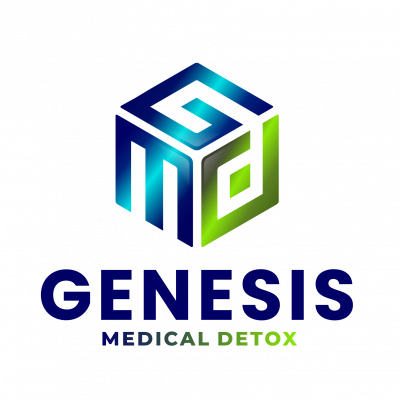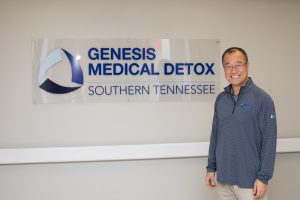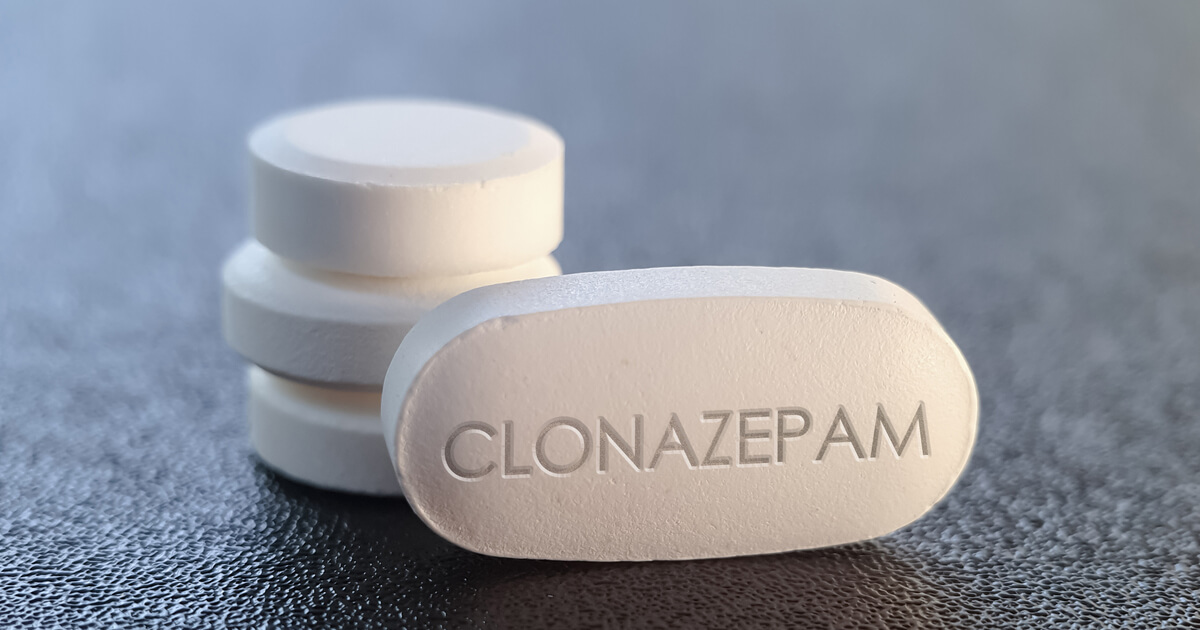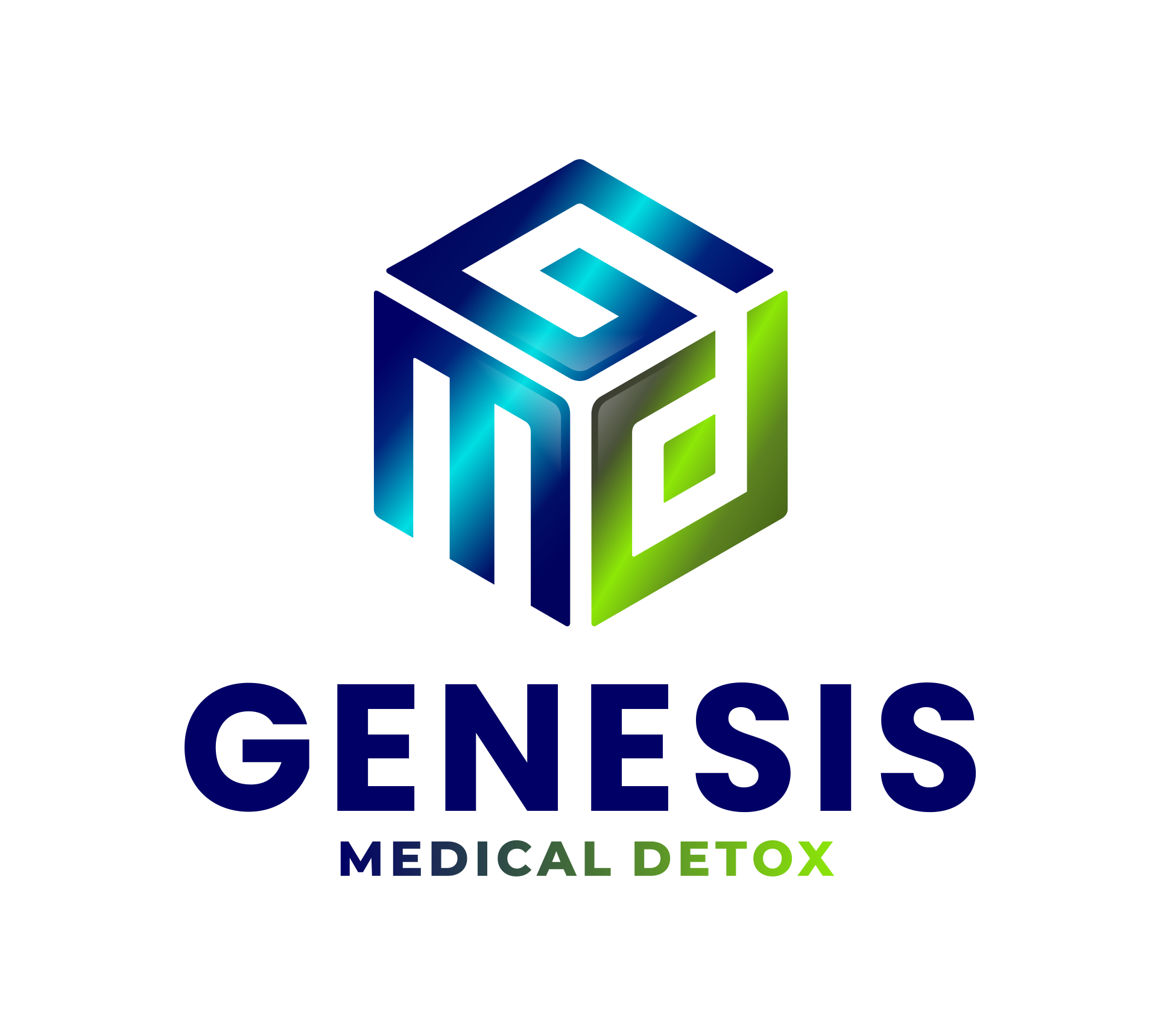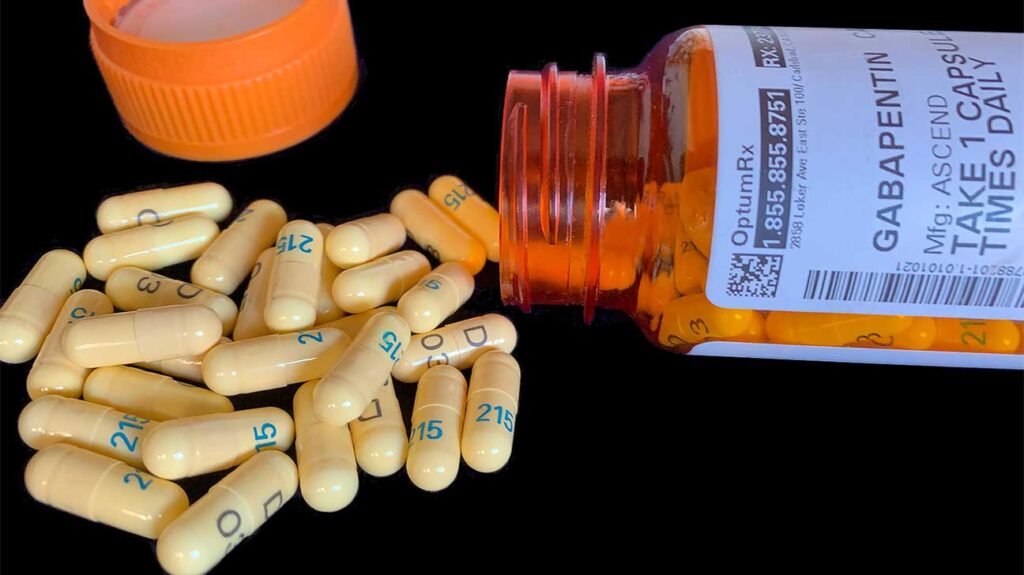
Gabapentin, a medication primarily used to treat seizures and nerve pain, has been increasingly prescribed off-label for various conditions, including anxiety and chronic pain. However, Gabapentin addiction is becoming a growing concern, particularly in the state of Tennessee. This post will explore the issue of gabapentin addiction and detox in Tennessee, examining the reasons behind its misuse, the challenges of detoxification, and the ways in which individuals struggling with gabapentin addiction can seek help and support.
What is Gabapentin and Where Did it Come From?
Gabapentin is a medication that belongs to the class of anticonvulsant drugs. It is commonly used to treat seizures, nerve pain, and certain types of neuropathic pain. Gabapentin works by affecting the chemicals and nerves in the body that are involved in the cause of seizures and various types of pain.
Gabapentin was first developed in the 1970s by the pharmaceutical company Parke-Davis (now a part of Pfizer). It was originally approved by the U.S. Food and Drug Administration (FDA) in 1993 for the treatment of seizures. Over time, its use has expanded to include the management of neuropathic pain and other off-label uses, such as for anxiety disorders and migraine prevention.
The drug’s effectiveness in treating various types of pain and its relatively low risk of side effects compared to other pain medications have contributed to its widespread use. However, its increasing availability and off-label prescribing have also raised concerns about its potential for misuse and addiction, particularly in states like Tennessee where rates of gabapentin abuse have been on the rise.
How Does Gabapentin Affect the Brain?
Gabapentin, also known by its brand name Neurontin, affects the brain by interacting with certain neurotransmitters and receptors. While the exact mechanism of action of gabapentin is not fully understood, it is believed to primarily act on calcium channels in the brain. Here are some ways in which gabapentin affects the brain:
Modulation of Neurotransmitters: Gabapentin is thought to increase the levels of the neurotransmitter gamma-aminobutyric acid (GABA) in the brain. GABA is an inhibitory neurotransmitter that helps to regulate brain activity and reduce the transmission of pain signals. By enhancing GABA activity, gabapentin can help to calm overactive nerve signals and reduce pain perception.
Calcium Channel Blockade: Gabapentin binds to specific calcium channels in the brain, which are involved in the release of neurotransmitters. By blocking these calcium channels, gabapentin can inhibit the release of certain excitatory neurotransmitters, such as glutamate. This action helps to dampen nerve signaling and reduce the transmission of pain signals in the brain.
Modulation of Nerve Activity: Gabapentin has been shown to stabilize nerve cell membranes and reduce the hyperexcitability of neurons. This can help to prevent abnormal firing of nerve signals that contribute to seizures, neuropathic pain, and other neurological disorders.
Overall, gabapentin’s effects on neurotransmitters, calcium channels, and nerve activity work together to modulate pain perception, reduce seizures, and alleviate neuropathic pain. While these mechanisms of action make gabapentin an effective medication for certain conditions, they also contribute to its potential for abuse and addiction when misused or taken in high doses.
Gabapentin Addiction in Tennessee
Gabapentin, a commonly prescribed medication, is being misused and abused in Tennessee, leading to addiction issues. The detox process for gabapentin addiction poses challenges due to withdrawal symptoms. Individuals in Tennessee facing gabapentin addiction can seek support through various resources to overcome their dependency.
Misuse of Gabapentin in Tennessee:
- Gabapentin’s availability and low cost have contributed to its misuse in Tennessee.
- Individuals may misuse gabapentin to enhance the effects of other substances or to self-medicate mental health issues.
- The lack of monitoring and regulation of gabapentin prescriptions has also fueled its misuse and availability on the black market.
Challenges of Gabapentin Detox:
- Abrupt cessation of gabapentin can result in withdrawal symptoms such as anxiety, insomnia, nausea, and seizures.
- Detoxification from gabapentin often requires medical supervision to manage withdrawal symptoms and ensure a safe and effective process.
- The psychological dependence on gabapentin can make detox challenging, as individuals may experience cravings and emotional distress during the withdrawal period.
Seeking Help for Gabapentin Addiction in Tennessee:
- Individuals in Tennessee struggling with gabapentin addiction can seek assistance from addiction treatment centers like Genesis Medical Detox and Magnolia Ranch Recovery, which offer detox programs and therapy to address the underlying issues contributing to addiction.
- Support groups and counseling services can provide emotional support and guidance to individuals undergoing detox from gabapentin.
- Healthcare providers in Tennessee play a crucial role in identifying and addressing gabapentin misuse and addiction, offering resources and referrals to specialized treatment programs.
Detox From Gabapentin
Detoxification from gabapentin, particularly in cases of addiction or dependence, can be a challenging and complex process due to the potential for withdrawal symptoms and the need for medical supervision. Here are some key points to consider when undergoing detox from gabapentin:
Medical Supervision: It is highly recommended to undergo gabapentin detox under the supervision of a healthcare provider, such as a physician or addiction specialist. They can monitor your progress, manage any withdrawal symptoms that may arise, and ensure your safety throughout the detox process.
Tapering Off: Abruptly stopping gabapentin can lead to withdrawal symptoms, including anxiety, insomnia, nausea, and seizures. A healthcare provider may develop a tapering schedule, gradually reducing the dosage of gabapentin over time to minimize the severity of withdrawal symptoms.
Supportive Care: During gabapentin detox, it is essential to have access to supportive care and resources. This may include psychological support, counseling, and access to addiction treatment programs that can address the underlying issues contributing to gabapentin misuse or addiction.
Monitoring and Management of Withdrawal Symptoms: Withdrawal symptoms from gabapentin can vary in severity and duration. Healthcare providers can monitor your symptoms and provide medications or interventions to help manage withdrawal discomfort, such as anti-anxiety medications or anti-seizure drugs if necessary.
Follow-Up Care: After completing gabapentin detox, it is important to continue with follow-up care and support to maintain sobriety and address any ongoing recovery needs. This may involve participation in therapy, support groups, or aftercare programs to help prevent relapse and promote long-term recovery.
Detox from Gabapentin should be approached with caution and under the guidance of healthcare professionals to ensure a safe and effective process. By seeking medical supervision, utilizing supportive resources, and addressing withdrawal symptoms appropriately, individuals can successfully detox from gabapentin and take steps towards recovery from addiction.
In Conclusion
Gabapentin addiction and detox have become significant concerns in Tennessee, with the misuse of this medication leading to addiction issues among individuals. The detox process for gabapentin addiction presents challenges, requiring medical supervision and support to ensure a safe and successful recovery. By accessing resources such as addiction treatment centers, support groups, and healthcare providers, individuals in Tennessee can receive the help they need to overcome gabapentin addiction and begin their journey towards a healthier, substance-free life.
If you or someone you know is struggling with a chemical dependency issue reach out to Genesis Medical Detox or Magnolia Ranch Recovery today and get started on the path to long-term recovery.
